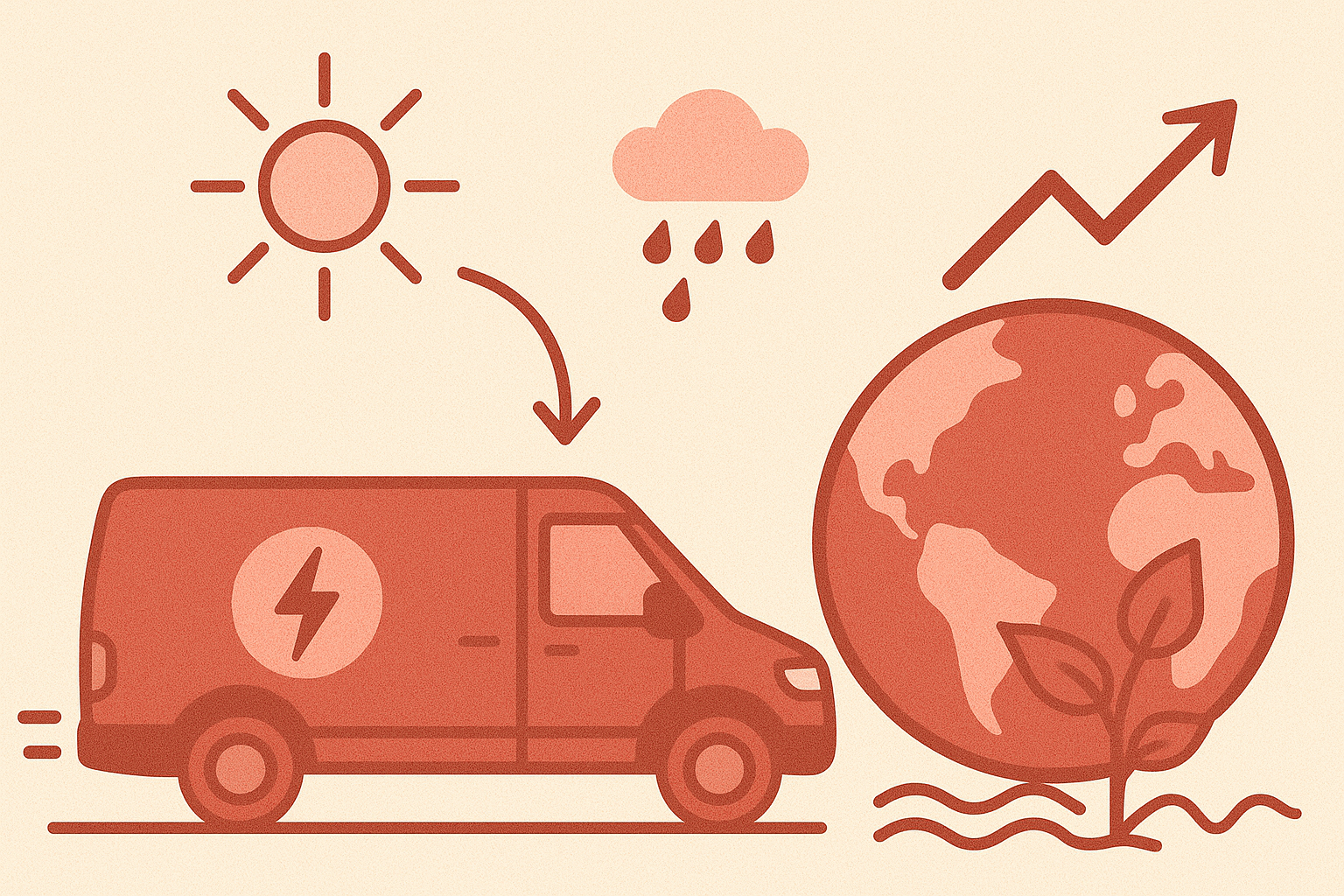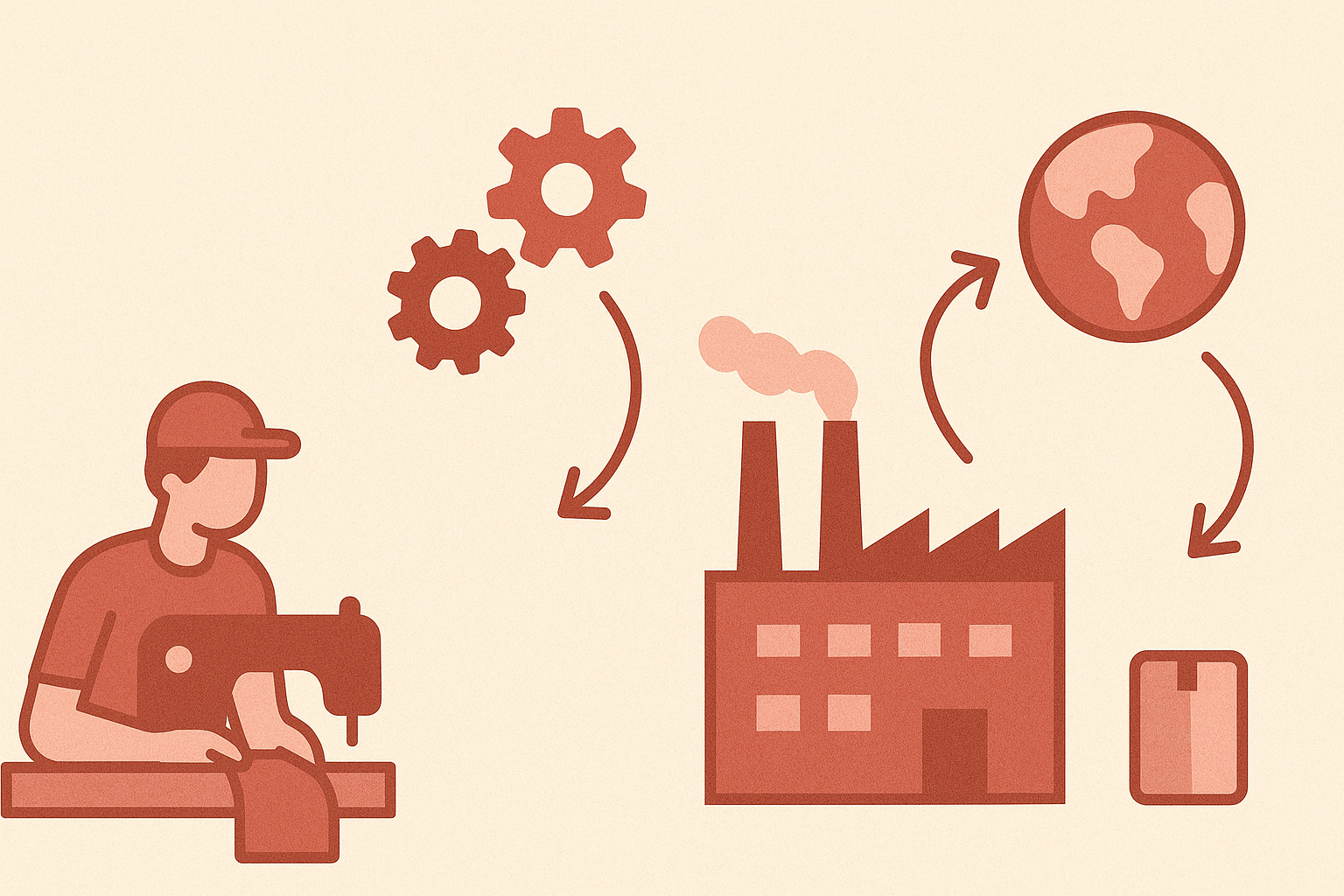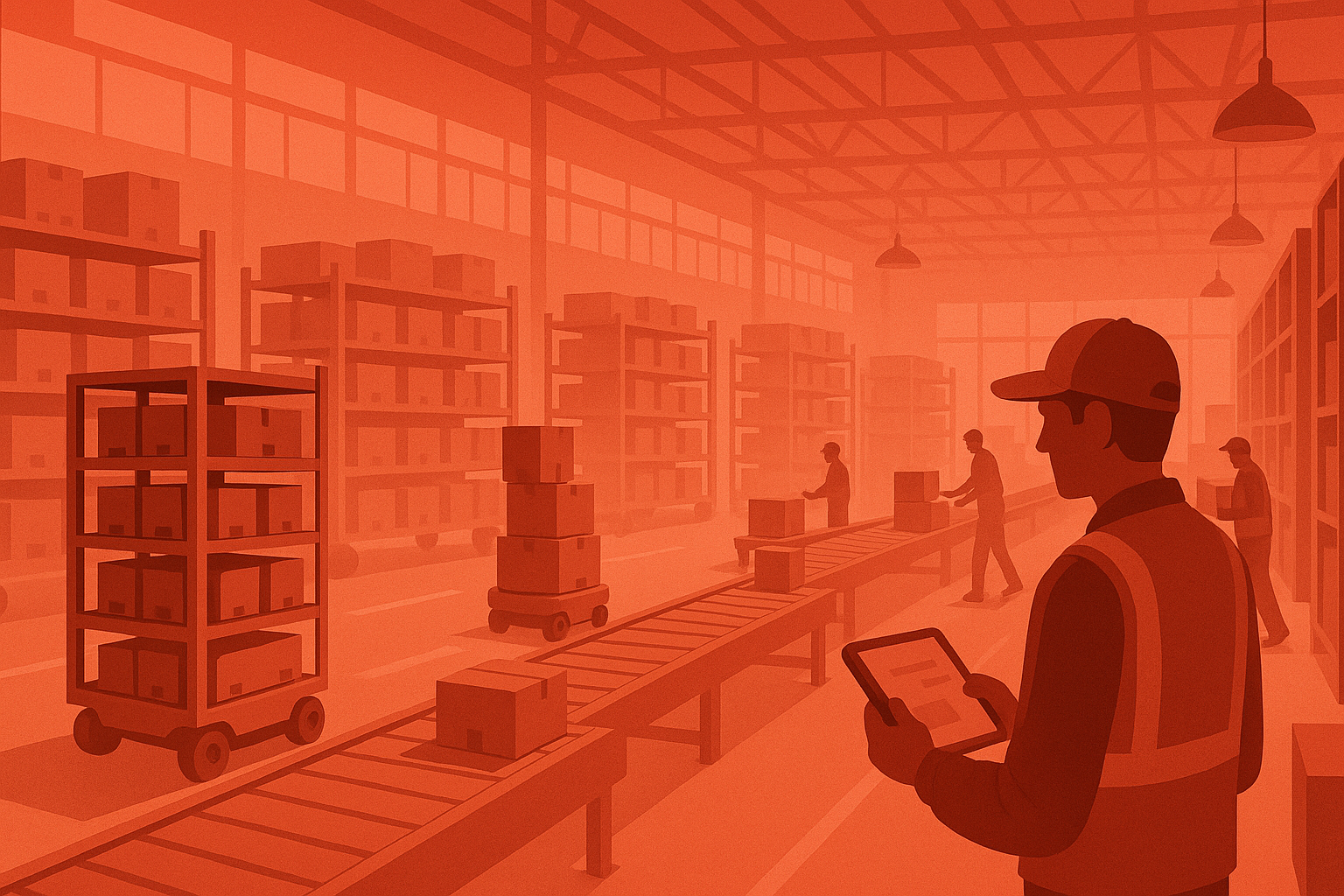From where we go to what we eat, so much of what we do contributes to an increase in Greenhouse Gases and carbon dioxide – the biggest cause of global warming on our planet. It’s in the news and impacting our natural world like we’ve never seen before.
And yet hope remains. As both businesses and individuals, there’s plenty we can do to help reduce our carbon footprint, reduce the amount of carbon dioxide entering the atmosphere, become Carbon Neutral and lessen our impact on our planet for future generations.
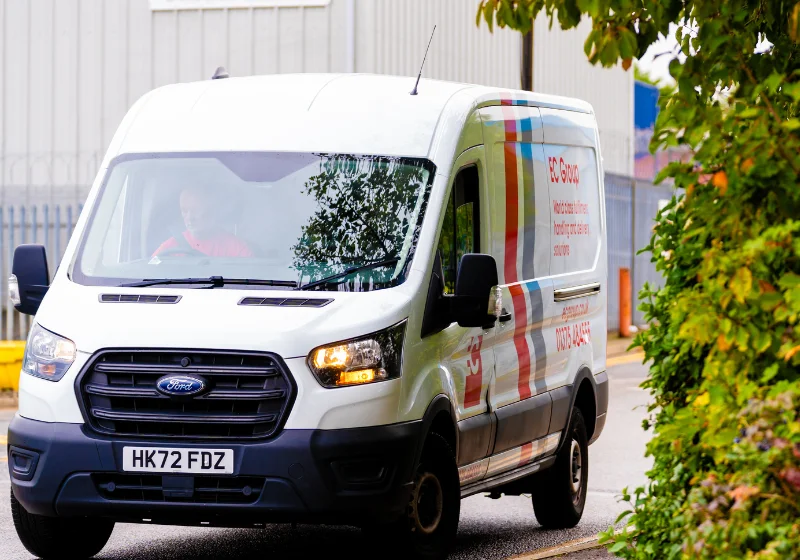
What can companies do
As the UK and its global business community start returning to travel and the office, now is the time for companies to think about what they can do to support their staff and operations to become more carbon-friendly.
In reality, almost everything involved in operating a business contributes to its carbon footprint. Businesses that know this are educating their workforce, proactively supporting changes from within, and assessing their own operations to become more carbon efficient. The result? A business that wins for the environment and itself – reducing both costs and its carbon footprint.
So, how do we get there? We’ve set out below four ways businesses and their people can support a healthier planet by reducing and offsetting their carbon footprint.
Before you dive in, go and check your individual carbon footprint, using the Carbon Footprint Calculator.
Start Carbon Offsetting
Carbon offsetting is one way for businesses to redress the balance of their operational carbon emissions. By calculating the amount of carbon dioxide being emitted, companies can partner with projects like Carbon Neutral Britain, who will offset an operation’s known carbon footprint by planting trees.
In doing so, they increase sustainable forestry that absorbs carbon dioxide from the Earth’s atmosphere, thereby reversing the impact of the company’s carbon emissions. While this doesn’t stop the emissions, it significantly helps redress the balance and brings companies (and individuals) closer to becoming carbon neutral.
From tree-planting initiatives to social projects supporting people in developing countries – where greenhouse gas emissions are often higher – there are myriad programs for businesses to join and start supporting the move to carbon offsetting.
Explore low-carbon logistics
From multinational supply chains to local mailing campaigns, businesses focused on reducing their carbon footprint need to lead the change they want to see – and this includes with their suppliers.
Most businesses use multiple vendors throughout their supply chain. Assessing each vendor’s carbon rating and choosing to work with those who are proactive in reducing their carbon footprint – through sustainable products and low-carbon emission logistics – has a positive and compounding effect through the wider vendor ecosystem.
Businesses who only work with suppliers who can prove they’re carbon-friendly, champion the change they want to see by reducing carbon emissions across their entire supply chain.
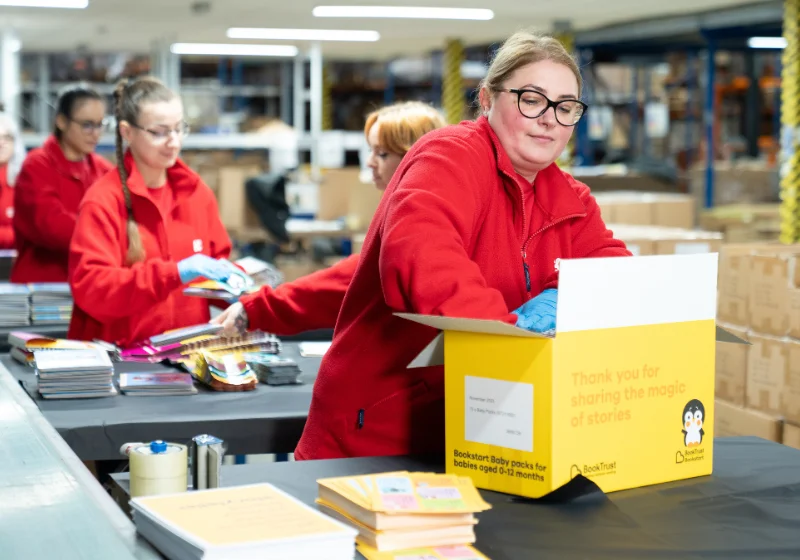
Reduce, Reuse, Recycle
We hear it all the time: it’s become a mantra of sustainability up and down the UK over the years. But with very good reason. Everything we decide to create anew or throw away has an impact on our carbon emissions. Making conscious decisions to reduce, reuse and recycle helps alleviate unnecessary strain on countless operations, both within and outside an organisation.
From refurbishing IT and tech devices over buying new, to reducing the amount of printing and paper wastage in an office via implementing recycling bins and standards throughout communal spaces, businesses must ensure their people and processes are in the ‘reduce, reuse, recycle’ mindset.
Make it easier for employees to think green
We already know how unfriendly motor vehicles and commuting are to the environment. City councils up and down the country are activating and developing clean-air zones on their roads to offset the sheer volume of vehicle carbon emissions. It gets people thinking and drivers sharing.
Businesses can do something similar when it comes to supporting the decisions of their employees. From enrolling on the Cycle to Work Scheme, to offering incentives for staff to purchase electric vehicles, provoking people to ‘think carbon’ first – and supporting them to act on it – is a simple way to promote positive behavior.
To achieve anything close to the 1.5C increase limit agreed at COP26 – which after COP27 looks increasingly difficult – it’s up to businesses and their people to reduce their carbon footprints. Not only (and most importantly) will this help turn the tide on global warming and climate change for future generations – it will enhance business reputations, reduce operational costs and promote sustainability across supply chains.
At EC Group, we’re committed to reducing our carbon footprint – if you’d like EC Group to assist you in fulfilling your long term sustainability goals, get in touch.

